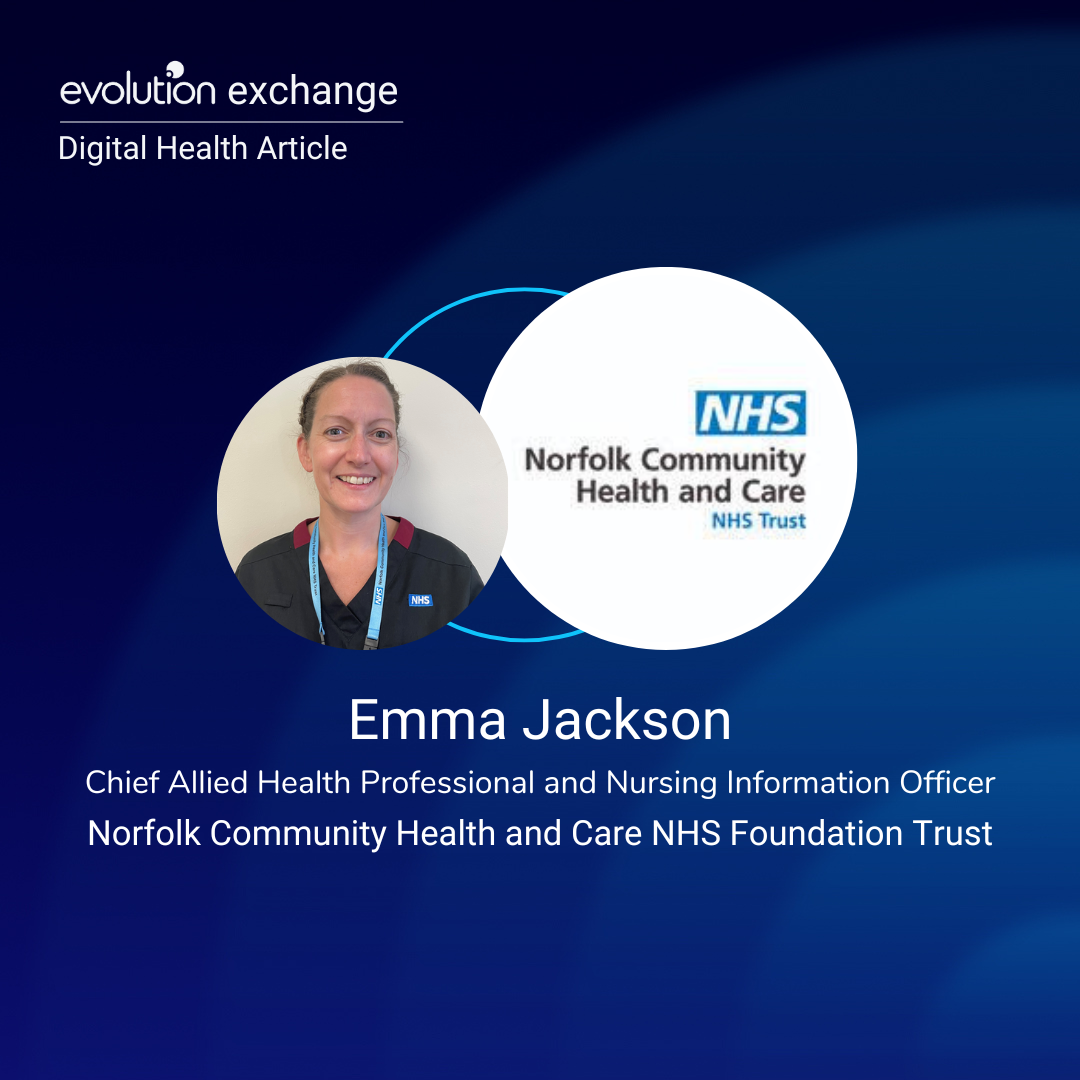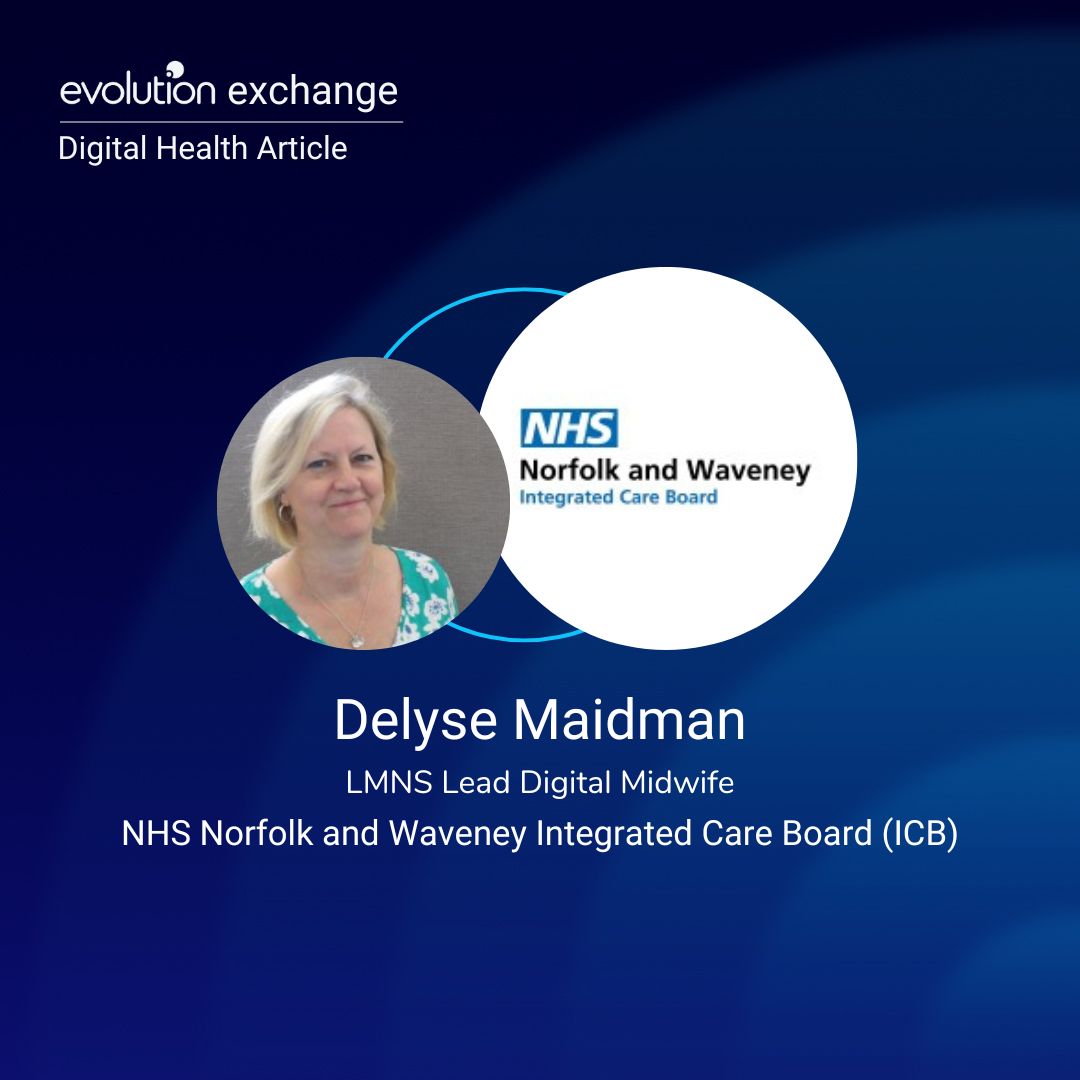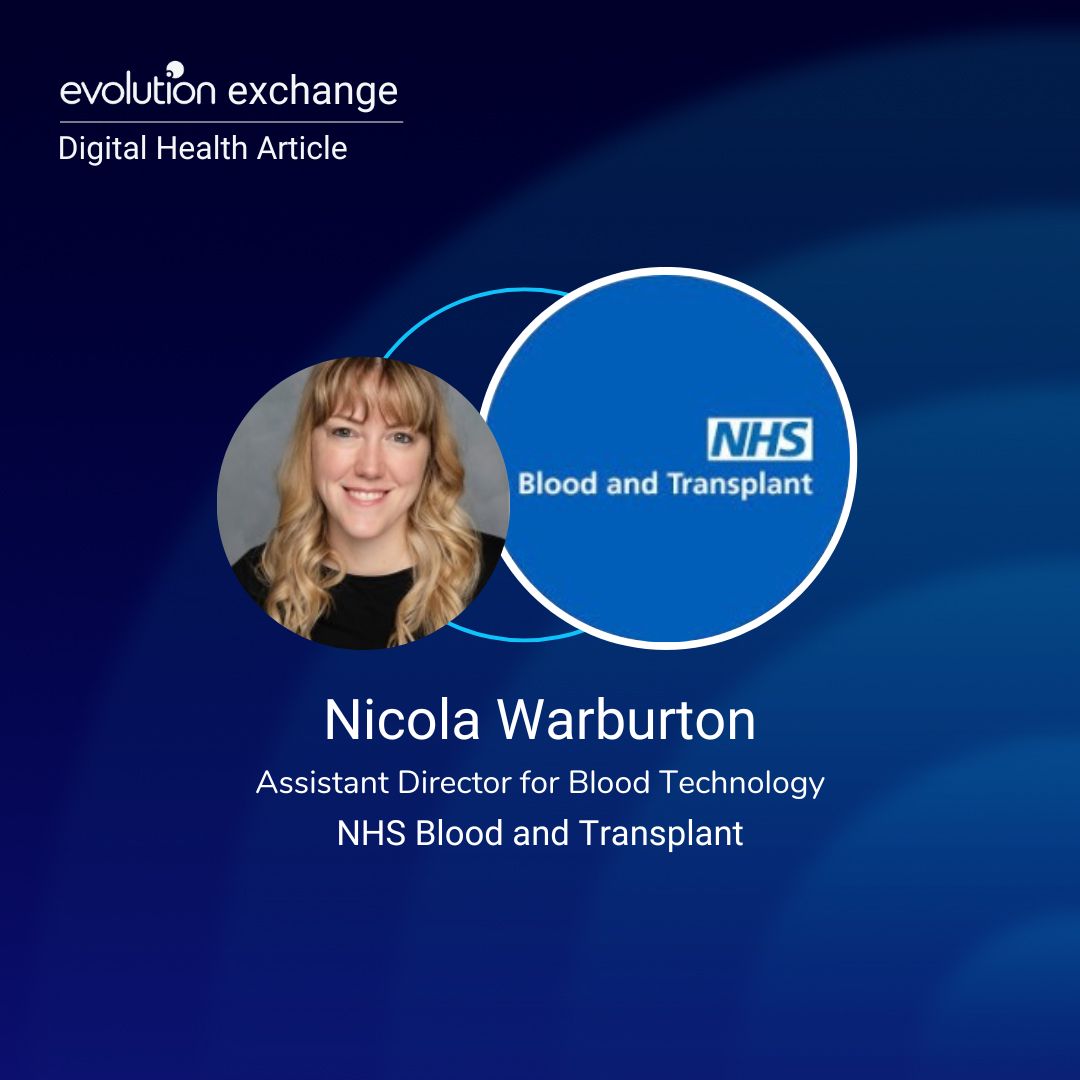Taking the Leap into Healthcare
Two years ago, Lorna Allan took on the challenging role of leading digital transformation at the Northern Care Alliance (NCA), one of the UK’s largest healthcare organisations. Despite having no prior NHS experience, she embraced the opportunity to make a difference in an organisation that serves millions.
“When I first got offered the role, I rang a friend who was already a CIO in another trust,” Lorna recalls. “He said ‘You don’t do that. You get a little one first and get some experience, then you go to a big one.'” But Lorna’s philosophy was clear: “If you’re going to do it, you might as well go big.”
The transition wasn’t without its moments of doubt. However, her pragmatic approach helped her manage the scale of the challenge: “Whatever you do at a small scale, you’re just doing the same but with more things. Sometimes that can give you more opportunity.”
Understanding the Scale of Healthcare
The NCA is a £1.8 billion revenue organisation with 20,000 employees across four major hospitals and numerous community services. The scale of operations and complexity surprised even Lorna, who came with extensive corporate experience.
“We are an enterprise class organisation that is providing healthcare,” she explains. “We can’t choose who we provide that to – we are here to serve everybody who comes through that door, literally from cradle to grave.” This universal service obligation, combined with the organisation’s vast scale, creates unique challenges and opportunities.
Navigating the NHS Landscape
Coming from outside the NHS, Lorna discovered a complex web of relationships and governance structures. “There are so many layers in the NHS that you can’t really appreciate sitting outside of it: the different specialties, the different skill sets, the different services,” she reflects.
The learning curve was steep, particularly around NHS-specific terminology. “I have never experienced so many acronyms in my entire life,” she laughs. “Fascinatingly, many of the acronyms used in the NHS have a very different meaning in the corporate world.”
The complexity extends beyond just terminology. “We are not just a provider trust that does acute settings, community settings, outreach healthcare settings. We are also part of localities and places that have very different and diverse communities who need and use our services. We are part of a partnership with local authorities, the voluntary sector, social services, GPs and community leaders..
Digital Transformation and Leadership
Under Lorna’s leadership, the NCA has achieved several significant milestones. The organisation launched its first-ever digital strategy, providing a clear roadmap for technological advancement.
The scale of the digital challenge is immense. “We’re already at something like over 900 different clinical applications,” Lorna reveals. Her team is working closely with clinical colleagues to streamline these systems and move toward a single electronic patient record, which will enable better patient care and innovation.
The transformation journey has included completing a target operating model, conducting consultations and establishing a new clear extended leadership team. The results are already showing: “We have a significant increase in our staff survey responses from our digital teams. I can see teams coming together. I can see our shared problem solving really starting to coalesce.”
Women in Healthcare Technology
As a female leader in healthcare technology, Lorna recognises the importance of representation. “When I look back in my more junior days, I couldn’t see a role model. It was a sea of men,” she recalls. Today, she’s proud that her senior leadership team includes a high proportion of women, though she acknowledges there’s still work to be done on diversity across the organisation.
She’s particularly pleased that the NCA’s chief executive recognised the importance of having digital representation at board level, putting technology at the heart of the organisation’s strategy.
Advice for Healthcare Technology Leaders
For those considering a move into NHS technology leadership, Lorna offers several key insights. “Don’t underestimate how much experience you can bring across and translate from a corporate or commercial world,” she advises. However, she also emphasises the importance of listening and learning before implementing changes.
One of her most valuable observations is about the power of passion in healthcare: “Passionate people make a difference. If you can engage in and harness that level of passion in the NHS, you can make monumental change happen and monumental outcomes.” This passion, she notes, is a key differentiator from the corporate world: “It’s slightly different in a commercial world. There’s a shareholder, there’s a profit to be made, and there’s a different driver.”
Lorna also emphasises the importance of data in the NHS: “Data is king – NHS measures everything. Making sure you have a strong and capable data analytics function is a really beneficial piece because they help to be the linkage between yourself and your clinical colleagues.”
Looking to the Future
The future of digital healthcare at the NCA is ambitious but focused. Lorna’s team is working to reduce “digital sprawl” and create a more streamlined, efficient system that can support emerging technologies like AI. “To leverage real emerging innovation, we need the foundations to be right,” she explains.
The roadmap includes significant work on application discovery and consolidation. The goal is to move toward an electronic patient record that works across an acute and community setting that creates a more integrated digital ecosystem across community services.
Despite the challenges, Lorna remains enthusiastic about her role and the impact of digital transformation in healthcare. “It’s not for the faint-hearted,” she admits, “but the rewards are fantastic.” Her journey demonstrates how strong leadership, combined with a clear vision and understanding of organisational culture, can drive meaningful change in healthcare technology.
Through all the complexity and challenges, Lorna’s focus remains clear: using technology to improve patient care and support healthcare workers. Her experience shows that while the transition from corporate to healthcare technology leadership may be daunting, the opportunity to make a real difference in people’s lives makes it worthwhile.





























